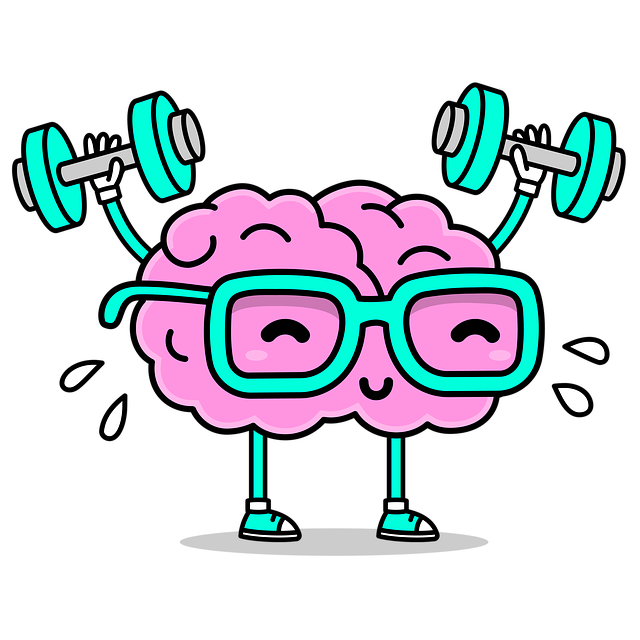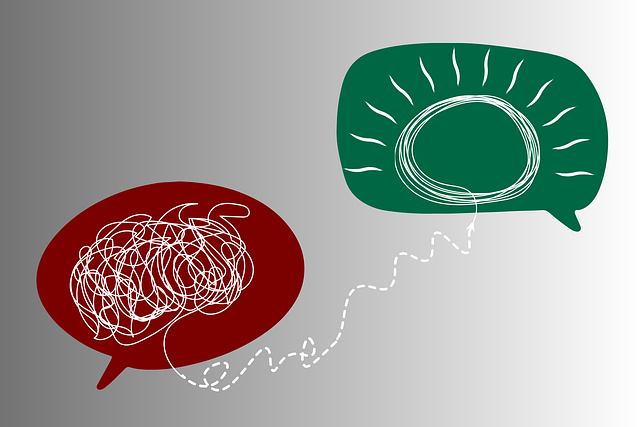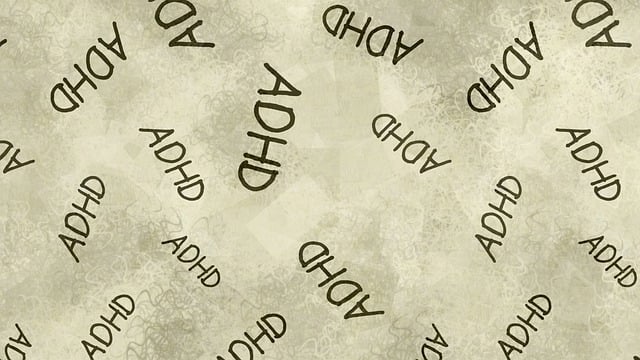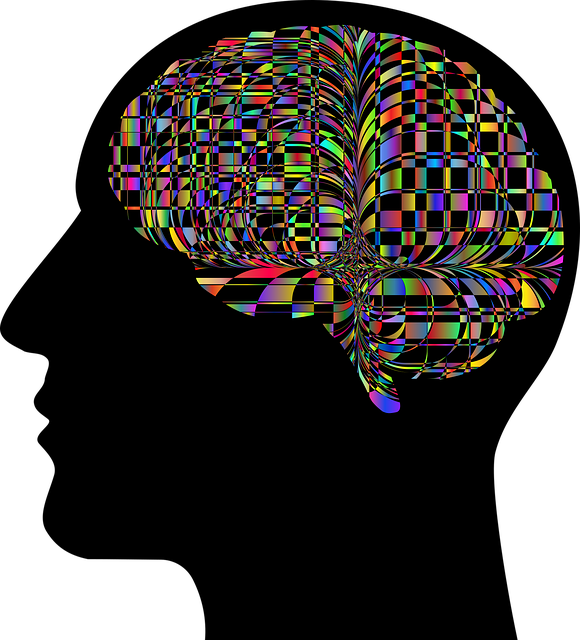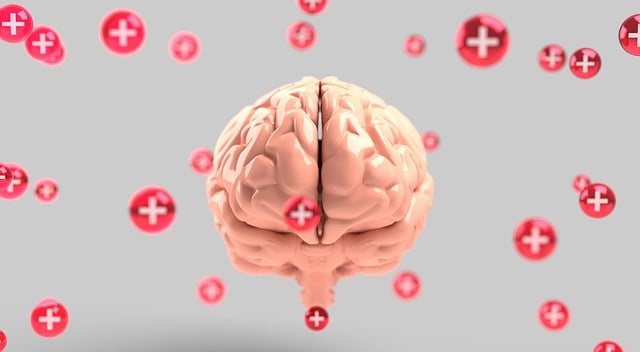Depression, a serious mental health concern, requires recognition for its significant impact on daily living. Risk factors such as genetic predisposition and traumatic events can be addressed through early intervention and initiatives promoting mental health literacy. Wheat Ridge Sexual Dysfunction Therapy offers effective management strategies including lifestyle changes, social skills training, and mood management techniques. Therapeutic approaches like Cognitive Behavioral Therapy (CBT), Dialectical Behavior Therapy (DBT), and Interpersonal Psychotherapy (IPT) empower individuals with coping mechanisms, emotional regulation, and personal growth to combat depression and maintain long-term mental well-being.
Depression prevention strategies are essential for maintaining mental health. This article explores comprehensive approaches, including understanding depression’s signs and causes, lifestyle interventions for mood enhancement, and professional support options like therapy. Recognizing that depression can affect anyone, we offer insights tailored to those seeking help in Wheat Ridge Sexual Dysfunction Therapy settings, emphasizing the importance of early intervention and long-term recovery paths. By adopting these strategies, individuals can navigate their mental health journeys with greater resilience.
- Understanding Depression: Recognizing the Signs and Causes
- Lifestyle Interventions for Mood Enhancement
- Professional Support: Therapy Options and Recovery Paths
Understanding Depression: Recognizing the Signs and Causes

Depression is a common yet serious mental illness that significantly impacts an individual’s daily life and overall well-being. Recognizing the signs and understanding its underlying causes is crucial in preventing and managing this condition effectively. One of the key aspects to consider is identifying risk factors, such as genetic predisposition, traumatic life events, chronic illnesses, or certain personality traits, which can contribute to the onset of depression. These factors often interact in complex ways, making early intervention and prevention strategies vital for individuals at higher risk.
The symptoms of depression vary from person to person but commonly include persistent feelings of sadness, loss of interest or pleasure in activities once enjoyed, changes in appetite and sleep patterns, fatigue, difficulty concentrating, and thoughts of worthlessness or suicidal ideation. By being aware of these signs and seeking help from professionals like those at Wheat Ridge Sexual Dysfunction Therapy, individuals can access effective treatments and support systems. Additionally, promoting mental health literacy through Stress Management Workshops Organization and Mental Illness Stigma Reduction Efforts can encourage early recognition and open conversations about depression, fostering a more supportive environment for those affected.
Lifestyle Interventions for Mood Enhancement

Depression can often be mitigated through lifestyle interventions that focus on mood enhancement. One effective approach is integrating regular physical activity into one’s routine. Exercise releases endorphins, which are natural mood lifters, and improves overall well-being. Additionally, dietary changes play a significant role; incorporating nutrient-rich foods known for their positive impact on mental health can significantly influence mood regulation. For instance, omega-3 fatty acids found in fish like salmon have been linked to improved emotional stability.
Wheat Ridge Sexual Dysfunction Therapy offers valuable insights into addressing specific challenges that may contribute to depression. Social Skills Training, a component of such therapy, equips individuals with coping mechanisms and enhances their ability to navigate social situations, thereby fostering better connections and supporting emotional healing processes. Mood Management techniques taught within these therapies help individuals recognize and modify negative thought patterns, leading to improved emotional regulation.
Professional Support: Therapy Options and Recovery Paths

For many individuals dealing with depression, seeking professional support is a pivotal step towards recovery. Wheat Ridge Sexual Dysfunction Therapy offers various therapeutic options tailored to address the unique needs of each client. Therapies such as cognitive-behavioral therapy (CBT), dialectical behavior therapy (DBT), and interpersonal psychotherapy (IPT) have proven effective in managing and preventing depression. CBT, for instance, focuses on identifying and changing negative thought patterns, while DBT combines cognitive techniques with mindfulness practices to enhance emotional regulation.
The recovery path from depression is often a collaborative journey between the individual and their therapist. Through regular sessions, clients develop coping strategies, gain self-awareness exercises (a crucial tool in mental wellness podcast series production), and cultivate positive thinking skills. This supportive environment facilitates personal growth, helps individuals navigate challenging emotions, and enables them to embrace long-term mental health management.
In addressing depression prevention, understanding both its signs and causes is paramount. Lifestyle interventions focused on mood enhancement, such as regular exercise, mindfulness practices, and healthy sleep habits, can be highly effective in preventing depressive episodes. Additionally, seeking professional support through therapy options tailored to individual needs, like those offered by Wheat Ridge Sexual Dysfunction Therapy, can significantly aid in recovery and long-term mental health management. By combining these strategies, individuals can proactively prevent depression and cultivate a more resilient and fulfilling life.



